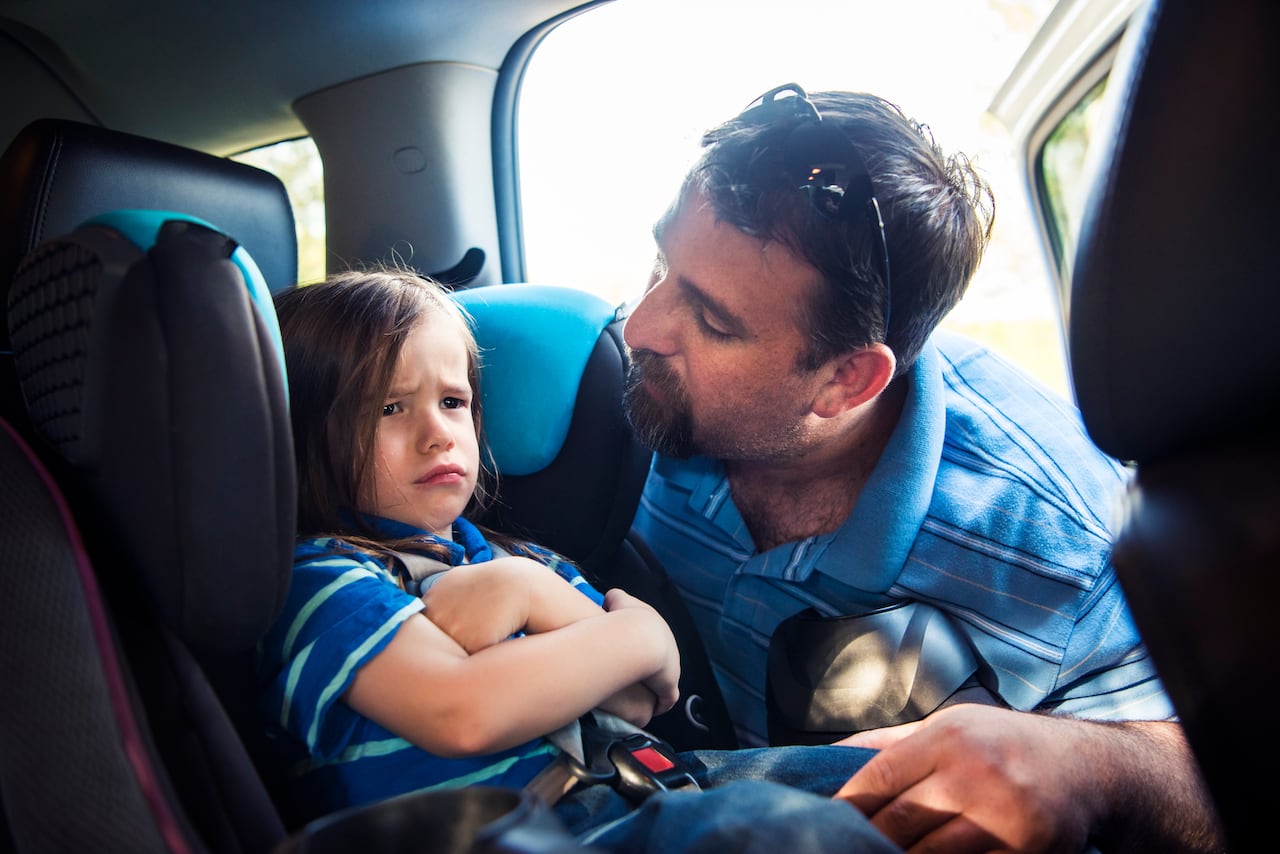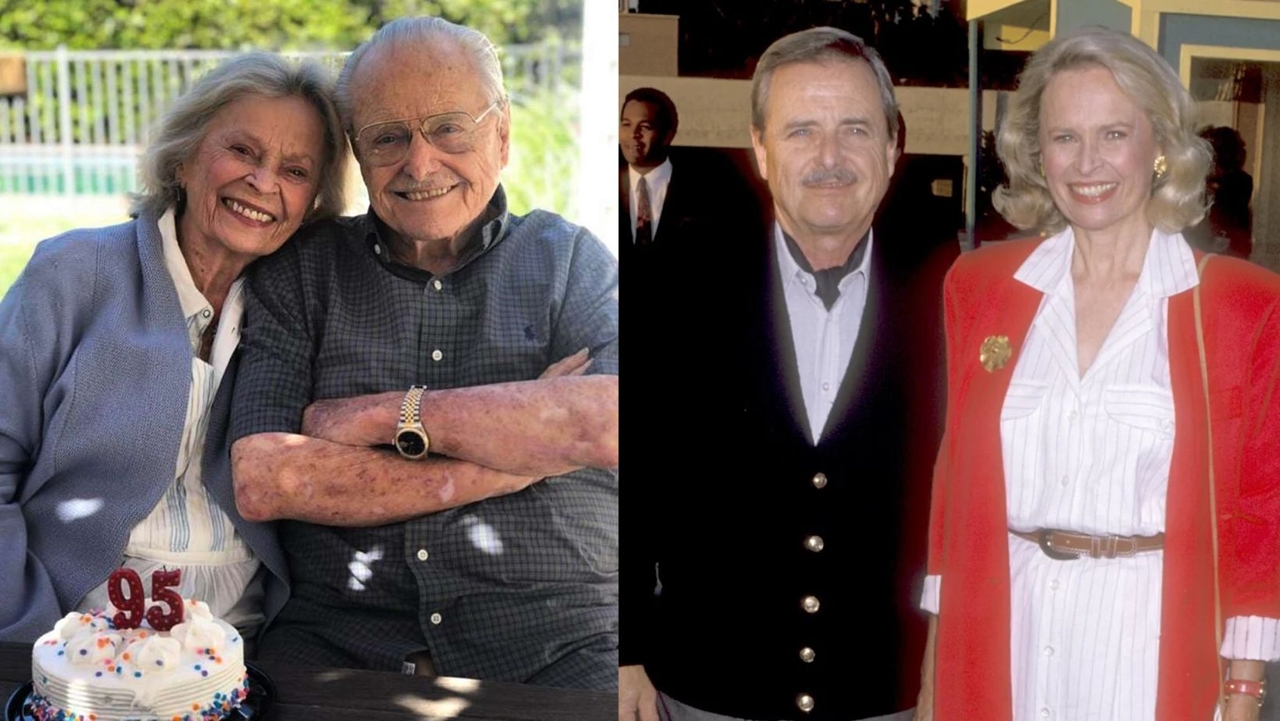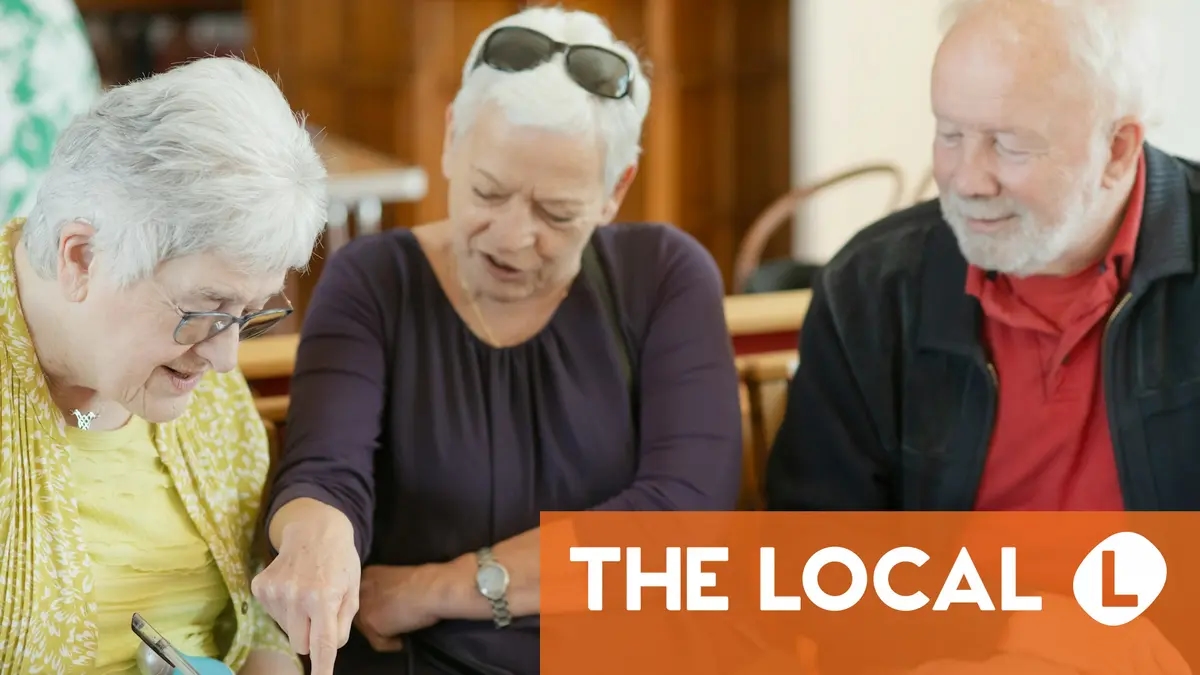How following gentle parenting online left this mom feeling 'powerless'

When Kayla Huszar became a mother, she vowed that she would be a parent who would raise children that felt empowered to express their emotions, think for themselves and develop a strong sense of self.
“I wanted to raise emotionally intelligent and regulated [children],” Huszar, who lives in Alberta, told The Current’s host Matt Galloway.
Although her own childhood wasn’t as harsh as that of some of her peers raised in strict households, she still felt the weight of an “old-school” approach — the kind often shaped by baby boomer values of obedience and authority.
In the search for a more compassionate and emotionally attuned path, Huszar turned to “gentle parenting,” which is a modern child-rearing method that prioritizes empathy, emotional validation and modeling calm, respectful communication.
But the reality of it didn’t unfold the way Huszar had hoped.
In a recently published essay called My Misadventures in Gentle Parenting: No timeouts, no limits, total chaos, she described how the method that once seemed so promising left her feeling exhausted, overwhelmed and unsure of her role as a parent.
And Huszar is far from alone.
A study published in the journal PLOS ONE in 2024 found that one-third of parents who identify as gentle parents reported feelings of burnout and parent uncertainty.
What is gentle parenting?From helicopter to free-range, parenting styles come in many forms.
But lately, gentle parenting has become the go-to approach for many Millennial and Gen Z parents.
The method has blown up online, with people sharing their experiences through blogs, videos, and social media posts. On Instagram, the hashtag #gentleparenting has amassed more than 1.2 million posts, and on TikTok, the tag has amassed more than 270,000 videos.
But according to Huszar, what she learned online didn’t prepare her for the unpredictable reality of raising young kids.

"A lot of it was quite scripted,” said Huszar. “If you do these one, two, three steps, you will avoid, diminish, navigate [the] meltdown or behavioural upset.”
For example, she said, if a child throws a tantrum over getting the blue cup instead of the red one, the script might suggest saying: "I can see you're mad that you got the blue cup instead of the red cup. That must feel really aggravating.”
In theory, that kind of emotional validation is meant to defuse tension. But Huszar said it rarely worked in practice, and didn’t offer tools for when things escalated.
“What if they start throwing a chair? What if they start talking back? What if they fall down on the floor and start screaming or thrashing around, which is what children do?”
She shared one memory in particular: her oldest son, then four-and-a-half, desperately wanted a toy during a shopping trip. Huszar used all the techniques — she empathized, offered alternatives, promised a return visit, but “no level of negotiation” worked, she said.
Eventually, Huszar said she gave in.
And trying to stick to the gentle parenting formula ultimately took a real emotional toll.
“There’s no in-between,” she said. “It’s either I'm following the script and I'm patient and I can do this … [and] when it doesn't work, there's this hopelessness, this powerlessness.”
Parents are the ‘leaders of the dance’Dr. Ashley Miller said she hears stories like Huszar’s all the time.
As a clinical associate professor of psychiatry at the University of British Columbia and a child and adolescent psychiatrist, Miller says many well-meaning parents are drawn to gentle parenting, but often find themselves confused or overwhelmed by how to actually apply it.
The approach, Miller said, which aims to replace punishment and shame with emotional regulation and connection, is frequently misunderstood — especially online.
On social media, gentle parenting is often reduced to a constant emphasis on empathy and emotional validation, while the equally important elements — like setting clear boundaries — are left out, she said.
This narrow interpretation can leave parents feeling overwhelmed, unsupported and unsure how to balance kindness with authority.

In reality, she said, gentle parenting isn’t about permissiveness or removing boundaries. It’s about setting firm, clear expectations, but doing so with empathy and explanation, not punishment.
“[Gentle parenting] does actually include setting boundaries in the definition,” she said.
Miller also emphasized that parents need to “feel empowered to be in charge.”
“They’re the leaders of the dance,” she said. “So, if parents feel totally disempowered that they can't say certain words for fear of social judgment or it's somehow wrong, they really have their hands tied, and that's not a great position to parent from.”
Finding a more balanced approachFor Huszar, the turning point came when her oldest son, struggling to open a combination lock for the pool locker as he got ready for their outing, became overwhelmed and, in frustration, threw it at her.
He missed, and she calmly warned him that if he did it again, they wouldn’t be going — but he threw it once more anyway.
“That’s when I knew [gentle parenting] wasn’t working because I had no authority in my own home,” she said.
What Huszar thought was empathy and emotional intelligence, she came to realize, was more like avoidance.
“It was more like masking,” she said. “I'm just needing to say the right thing to avoid a behaviour, to avoid a meltdown. I wasn't dealing with behaviours.”
Now, Huszar said she’s working toward a more balanced approach — “somewhere in the middle” between authoritative and gentle.
“Sometimes, I have time for a 45-minute ‘Let’s feel the feelings, let's go through the motions,’” Huszar said. “I think it’s important for every human being to complete their stress cycles.”
“And sometimes, it’s like, ‘No, actually, we got to go. Like, I got to get to work, there’s limits in this life.’”
Huszar added, “Is it healthy to always be shoving our emotions down, and dealing with them later? No.”
“But is that a skill in resiliency and distress tolerance? Yes.”
cbc.ca





